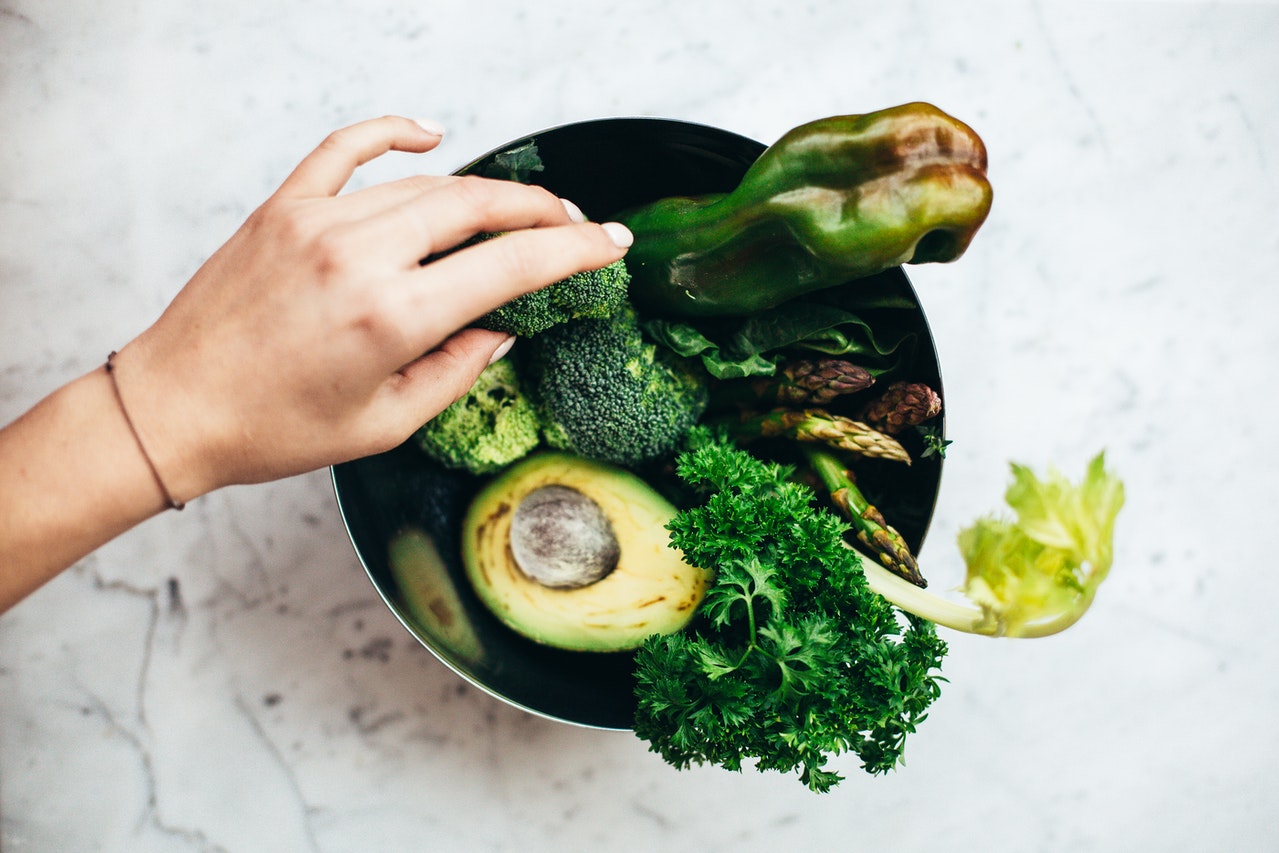
It's always an excellent idea to include lots of green vegetables in your diet. But when you're dealing with hypertension, you'd want to know which particular vegetables can be more effective in managing your blood pressure levels.
1. Kale
Kale is one of the most nutrient-dense vegetables. It contains calcium, beta-carotene, lutein, and zeaxanthin. It's also a good source of vitamin K, vitamin C, and vitamin A in the form of beta-carotene. Kale is also rich in fibre.
Also, research has shown that kale can lower high blood pressure. According to a study published in the Journal of Nutrition, this vegetable contains phytonutrients that can prevent cell damage and oxidative stress. The study also shows that kale can help improve body functions, including blood pressure and blood glucose levels.
2. Spinach
Spinach is another vegetable rich in nutrients. It contains a considerable amount of vitamin K, vitamin C, and folate. It's a good source of potassium and magnesium. Spinach also contains lutein and zeaxanthin, two antioxidants that are good for eye health, especially for older individuals.
Just like kale, spinach also contains phytonutrients. This can help protect your body from oxidative stress. According to a study published in the Journal of Agricultural and Food Chemistry, spinach can help lower blood pressure. This vegetable also has a high fibre content.
3. Broccoli
Broccoli is rich in vitamin C and minerals such as calcium, potassium, and phosphorus. It's also a good source of folate and fibre. Broccoli can also lower your blood pressure, according to a study published in the Journal of the American Medical Association.
Broccoli can help lower blood pressure mainly by reducing oxidative stress and inflammation. Broccoli is also rich in phytonutrients such as flavonoids and carotenoids.
4. Brussels Sprouts
Brussels sprouts are rich in vitamin K, potassium, and fibre. They are also a good source of vitamin C, folate, and vitamin A. They are also rich in phytonutrients and antioxidants. Like kale and spinach, Brussels sprouts can also lower blood pressure.
According to a study published in the Journal of Agricultural and Food Chemistry, Brussels sprouts contain glucosinolates that can help lower blood pressure. It's also a good source of sulforaphane glucosinolate that can improve artery function.
5. Celery
Celery is a vegetable rich in potassium. It contains vitamins A, B3, B6, and C. It's also rich in fibres. Celery is another vegetable that can help maintain normal blood pressure. According to a study published in the International Journal of Preventive Medicine, celery can help lower high blood pressure.
Celery contains two antioxidants that can maintain a healthy heart. These antioxidants are flavonoids and polyacetylenes. Celery also contains faradiol, a phytochemical found in celery that can normalise heart rate and blood pressure.
6. Romaine Lettuce
Like other dark-green leafy vegetables, romaine lettuce is rich in nutrients. It contains calcium, vitamin A, vitamin C, and folate. Romaine lettuce is also rich in phytonutrients that can lower blood pressure. According to studies, romaine lettuce can lower blood pressure by reducing oxidative stress.
Romaine lettuce contains flavonoids and carotenoids that can regulate blood pressure. It also contains anthocyanins that can lower oxidative stress. Romaine lettuce can also increase the amount of nitric oxide in the blood.
Final Thoughts
Aside from taking the proper medication prescribed by your doctor, it's also vital to manage your blood pressure levels through healthy eating. So, make sure to include these green vegetables in your diet. They're rich in vitamins, minerals, and phytonutrients that are good for your overall health.
Add some fresh and healthy green vegetables to your diet with the help of London Veg Box. We provide customisable fruit and vegetable delivery across London. Our fruit and vegetable boxes contain fresh, local and seasonal produce you won't find at your nearby supermarket. Get started now!


